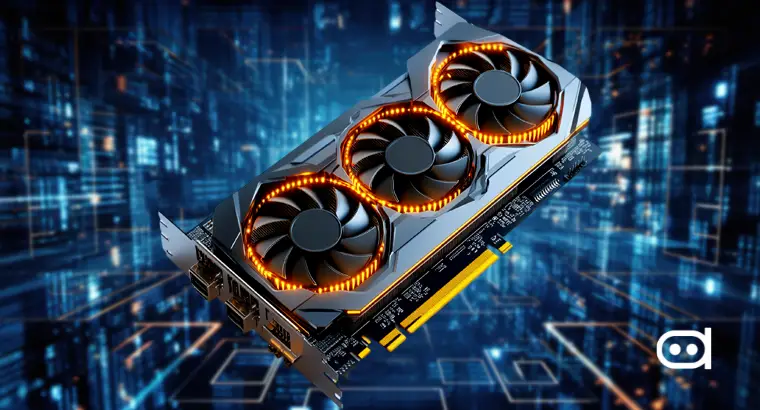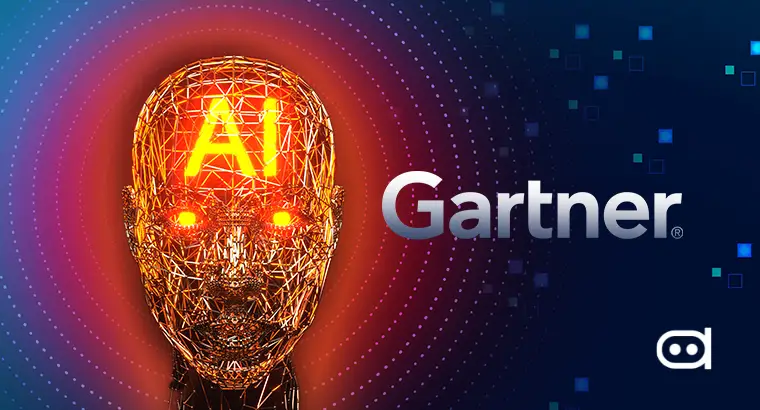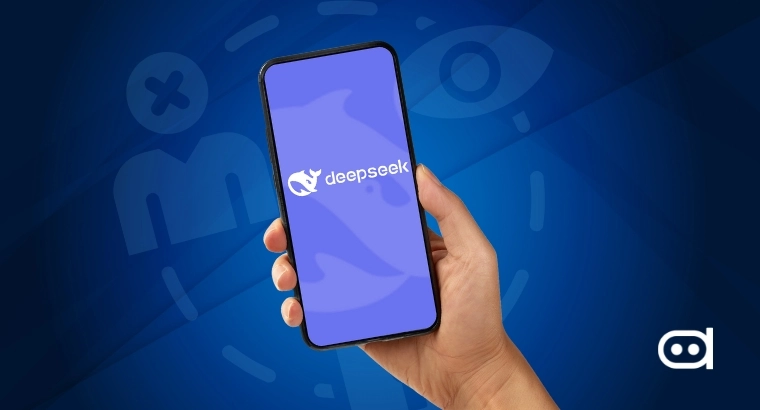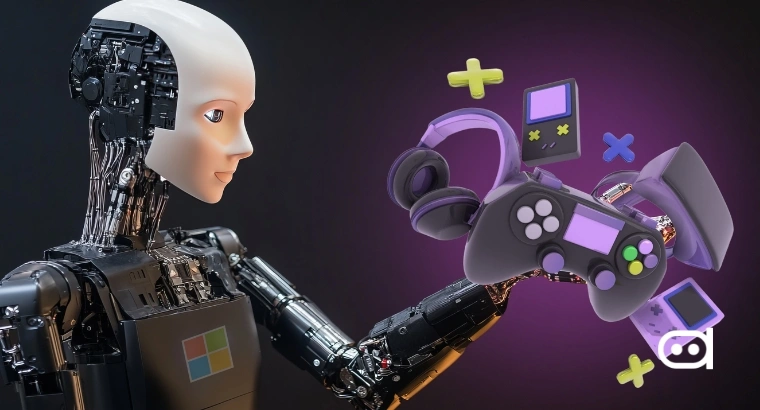
Tokyo, February 2025 – Mitsubishi Corporation, Nippon Telegraph and Telephone Corporation, NTT Communications Corporation, Morgenrot Inc., and iPark Institute have joined hands to set up a collaborative demonstration experiment to test remote AI-powered GPU computing for pharmaceutical research at Shonan iPark. The project is powered by NTT’s IOWN APN technology, with high-speed, low-latency transfers without compromising on stringent security measures.
AI is increasingly becoming an essential tool in drug discovery, especially in the computational analysis of genes, proteins, and promising drug compounds. Infrastructure expense and security concerns hampered the broad adoption of AI in pharmaceutical domains. Now, the R&D facilities of Shonan iPark with MC Digital Realty’s NRT10 data center, enable remote AI analysis powered by NVIDIA GPUs while keeping sensitive research data secure. The virtualization technology from Morgenrot makes security more stringent by providing a private cloud environment for confidential computing.
The experiments are meant to verify three aspects – network performance, security compliance, and AI workload efficiency. By using IOWN APN’s optical networking, the team will assess whether real-time AI processing can be done remotely without network lag or data loss. Furthermore, post-quantum secure transport technology developed by NTT R&D would also be tested in this experiment for protecting data even in computing environments characterized in the future.
Mitsubishi has installed NVIDIA H100 GPUs at the facility and rolled out AI tools like BioNeMo and NIM for automating drug discovery processes. Such tools are made available to accelerate AI model creation and deployment for pharmaceutical researchers getting scalable AI solutions. iPark Institute also enhances output by enabling closer cooperation among tenant companies in that experiment.
If the demo proves successful, then it could open the gates for the widespread use of secure AI computing for drug discovery and other industries dependent on high-performance computing. By building this advanced infrastructure for AI analysis, Japan has sought to advance its industrial competitiveness and innovation in pharmaceutical research. The outcome of this experiment provides insights into the future capabilities of AI in drug discovery. It promises to revolutionize the industry by bringing much faster and more efficient research and development capacities.
Source: https://group.ntt/en/newsrelease/2025/02/17/250217a.html
Latest Articles:
OpenAI Executives Use AI for Routine Tasks, Not Just Innovation
Dell Close to Securing $5B AI Server Deal with Elon Musk’s xAI
AI Investments Surge with Global IT Spending Set to Rise 9% in 2025








